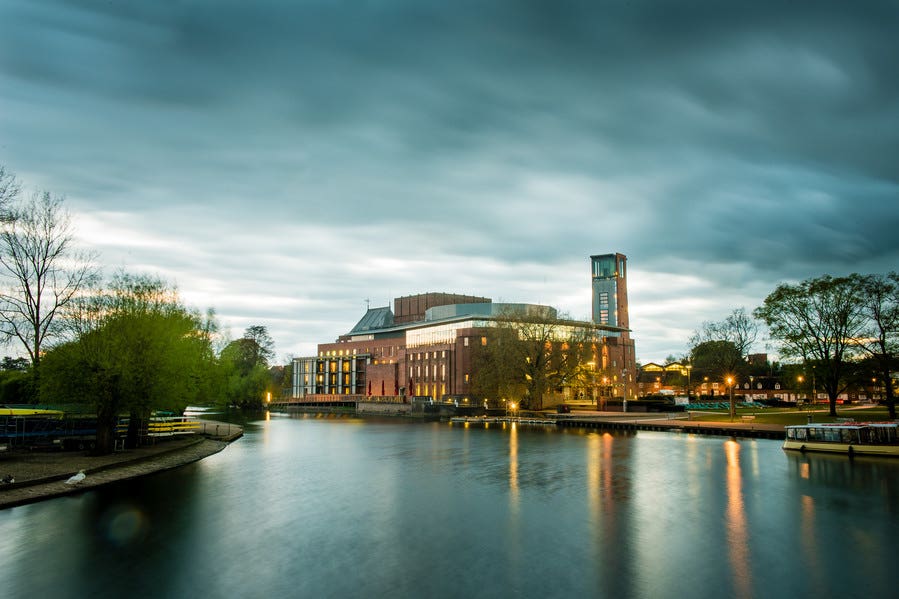Royal Shakespeare Company to look at AI and immersive technology in theatre
The RSC has previously used motion capture technology in a performance of Dream

The Royal Shakespeare Company will look at using artificial intelligence (AI) and immersive technology in future productions, the Government announced as part of other projects and funding measures for the West Midlands as well as Merseyside.
Based at playwright William Shakespeare’s birthplace in Stratford-upon-Avon, Warwickshire, as well as London, the theatre company will lead R&D pilot production projects in collaboration with the US tech and media festival South by Southwest (SXSW).
The RSC has previously used motion capture technology in a performance of Dream, inspired by Shakespeare’s A Midsummer Night’s Dream, in 2021, which was aimed at remote audience members during the pandemic.
Culture Secretary Lisa Nandy unveiled £13.5 million investment in training, research and development for a range of projects in Merseyside and the West Midlands.
She said: “Talent is everywhere but opportunity is not. That’s why we are supporting firms, artists and freelancers that are innovating, using new technology and driving growth in creative clusters across the country.
“Liverpool and Merseyside hold a special place in our nation’s music landscape, and this funding will support imagination and experimentation across the city and region, as creators explore how we can make gigs more environmentally friendly.
“Birmingham and the West Midlands have a rich industrial history, and we are putting them at the forefront of a potential new industry developing the amazing technology that will revolutionise visual effects in film, theatre and gaming.”
Of the share of the pot, the West Midlands will get £6.75 million, which will be aimed at businesses specialising in creative tech like video games and immersive reality and industry working with many partners including universities and the RSC.
The type of technology has not been decided, but it will look at “AI and immersive technology”.
There will also be a consideration of “incorporating VR (virtual reality) and AR (augmented reality) technologies for live events; adapting game engines for non-gaming applications in music, theatre, and film; using game design principles to engage audiences; and employing 3D modelling and animation techniques to create high-quality immersive content”.
VR simulates an experience for users, usually using headsets, while AR works through creating computer-generated content in the real world.
Those involved in the partnership CreaTech Frontiers are places such as the Birmingham Opera Group, Birmingham Repertory Theatre, and Birmingham Contemporary Music Group.
A fund of £6.75 million has also been allocated by the Government to Liverpool’s combined authority’s academic and private sector programme, called the MusicFutures cluster.
Working with Royal Liverpool Philharmonic and the Liverpool M&S Bank Arena, the cluster will fund training for musicians, teachers and business to use technology such as AI and extended reality (XR) to make the “live music sector more environmentally sustainable”.
This could mean building simulated environments as well as having computer-generated creations.
It comes as the Music Venue Trust said grassroots music is being hollowed out by the cost-of-living crisis and other factors, with 125 of these type of venues permanently shutting in 2023.
Bookmark popover
Removed from bookmarks